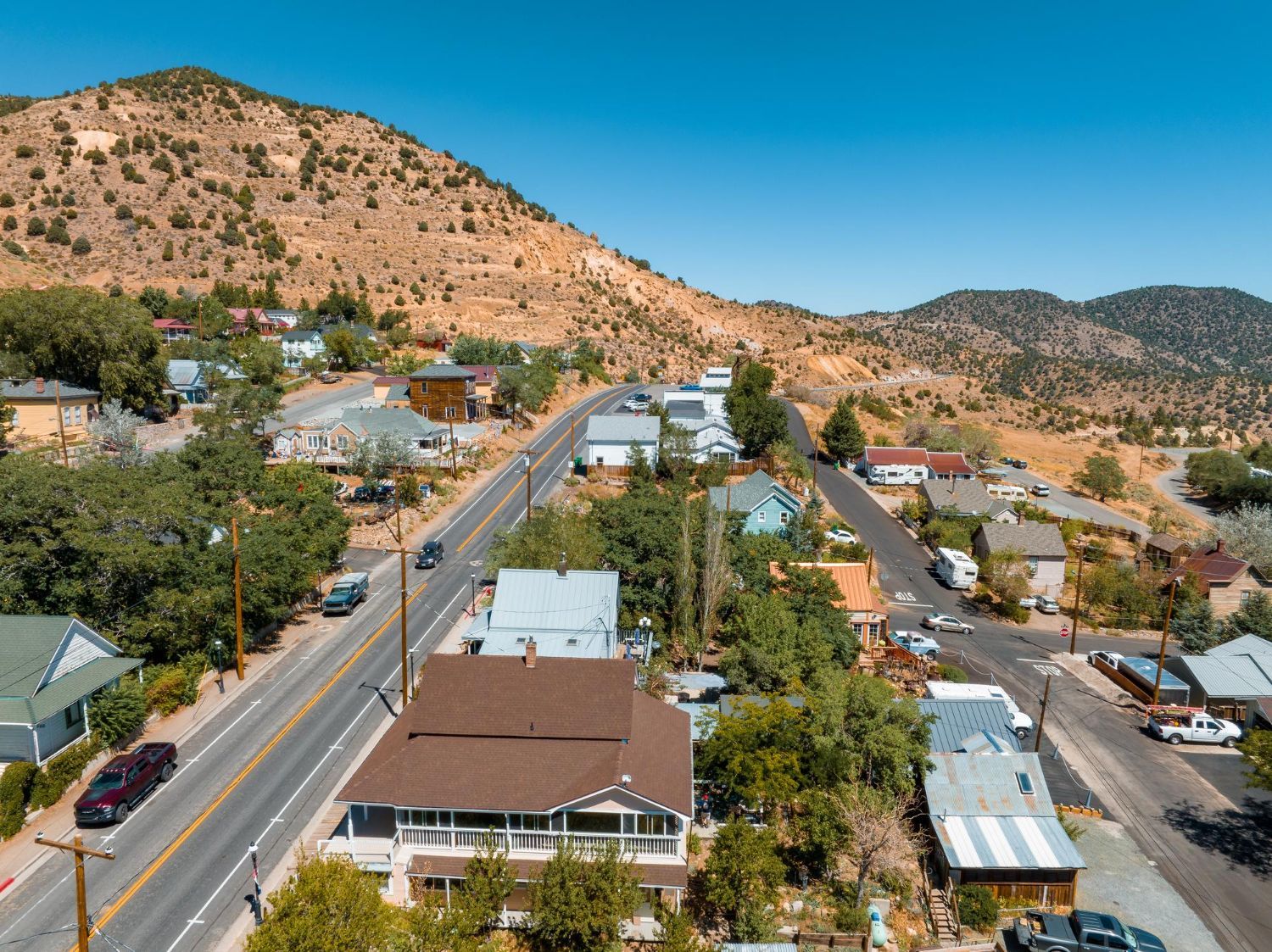Adverse Possession Actions
We help landowners and claimants resolve adverse possession disputes in Nevada and California, where property rights may be gained or lost through long-term occupation.
We clarify your rights in adverse possession cases.
Adverse possession allows someone to claim ownership of land if they occupy it openly, continuously, and under certain conditions for a legally required period. These cases are complex and often highly contested.
When Adverse Possession May Apply
- Encroachment by a neighbor’s fence, driveway, or structure.
- Long-term use of land without challenge.
- Boundary disputes between adjoining property owners.

Your Advocate at the Closing Table
We review your contracts, explain the fine print, and answer your questions—so you understand what you’re signing and why it matters.
Clear Title, Clean Transfer
We handle title searches, resolve issues, and make sure the property transfers properly and legally. No surprises, no headaches.
Local Experience That Matters
We know the Wilson-area real estate market and work closely with agents, lenders, and title companies to keep your transaction on track.
FAQs
1. What is adverse possession, and how does it work in Nevada and California?
Adverse possession is a legal doctrine that allows a person to claim ownership of property if they occupy it openly, continuously, and without permission for a set period of time.
In Nevada, the required period is generally 5 years of continuous possession, coupled with payment of property taxes.
In California, the same 5-year rule applies, also requiring tax payments and possession that is “hostile” (without the true owner’s consent), actual, and notorious.
Adverse possession is meant to encourage the productive use of land, but it often leads to disputes between neighbors or heirs.
2. What conditions must be met for an adverse possession claim to succeed?
The claimant must prove:
Open and notorious possession (use that is obvious to the public and the true owner).
Continuous possession for the statutory period.
Exclusive possession, not shared with the owner or the public.
Hostile possession, without the owner’s permission.
Payment of property taxes during the statutory period.
Failure to meet even one of these requirements typically defeats an adverse possession claim.
3. How can property owners prevent adverse possession claims?
Owners should regularly inspect their property, challenge unauthorized uses, and post clear “No Trespassing” signs if necessary. If someone is encroaching on your land, you can send a written notice revoking permission or file a trespass or ejectment action.
Timely action is key — the longer an encroachment continues unchallenged, the stronger an adverse possession claim may become.
4. What if my neighbor built a fence or structure on my land?
Encroachments are one of the most common triggers for adverse possession disputes. If your neighbor builds on your property without permission, you may need to take legal action to remove the structure or formally resolve the boundary line.
In some cases, negotiated easements or boundary adjustments can settle the matter without litigation.
Focused on Long-Term Peace of Mind
We help you close with confidence and protect your investment at every step.
At Handelin Law, we bring legal insight and local knowledge to every real estate transaction. Whether residential or commercial, we’ll make sure the deal gets done right.

